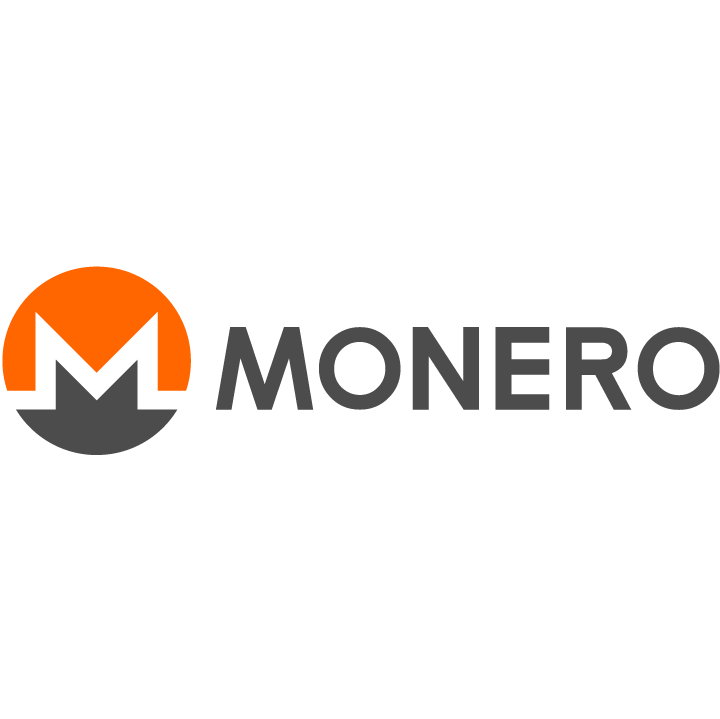Is there a way to create NFT on Monero?
Non-Fungible Tokens (NFTs) are digital assets that represent ownership of a unique item or piece of content, such as artwork, music, or videos. They are typically created on blockchain networks such as Ethereum, Binance Smart Chain, or Polkadot.
Monero, on the other hand, is a privacy-focused blockchain that uses ring signatures and stealth addresses to ensure anonymity in transactions. As Monero is not an EVM compatible blockchain, it is not possible to create NFTs on it using the same methods as on Ethereum.
However, there are other approaches to creating NFTs on Monero that involve some level of abstraction.
One possible way to create NFTs on Monero is through a technique called “wrapped NFTs”. This approach involves creating a smart contract on an Ethereum-compatible blockchain such as Binance Smart Chain or Polygon, which wraps an existing NFT, essentially creating a tokenized version of the original asset.
This wrapped NFT can then be traded on decentralized exchanges or used in other DeFi applications on the Ethereum network. The tokenized asset can be stored on-chain, and the ownership can be transferred using smart contracts. To create a wrapped NFT, you would need to follow these steps:
- Choose the NFT asset you want to wrap. This can be an artwork, a music track, or any other digital asset that you own or have the right to use.
- Choose an Ethereum-compatible blockchain that supports smart contracts and NFTs, such as Binance Smart Chain or Polygon.
- Use a bridging service to transfer the NFT asset to the chosen blockchain. Bridging services are third-party platforms that allow you to move assets between different blockchain networks. One popular bridging service for this purpose is ChainBridge.
- Create a smart contract on the chosen blockchain that wraps the NFT asset. This can be done using a smart contract development tool such as Solidity or Vyper.
- Mint the wrapped NFT, which creates a tokenized version of the original asset that can be traded and owned on the Ethereum network.
While this approach allows you to create NFTs on an Ethereum-compatible blockchain while using Monero to preserve the privacy of transactions, it comes with a few limitations.
First, you would need to pay gas fees in the native cryptocurrency of the Ethereum-compatible blockchain, which can be a significant cost.
Second, there is a risk that the wrapped NFT may lose its connection to the original asset, leading to confusion about the true ownership of the asset.
Another way to create NFTs on Monero is through a technique called “layer 2 solutions”. This approach involves building a layer 2 protocol on top of the Monero blockchain that allows the creation and trading of NFTs.
Layer 2 solutions are designed to improve the scalability and efficiency of blockchain networks by moving some of the transaction processing off-chain. There are several layer 2 solutions that can be used to create NFTs on Monero:
- Sidechains: Sidechains are separate blockchain networks that are connected to the main Monero blockchain. They can be used to create NFTs on a separate blockchain while still benefiting from the security and privacy of the main Monero network. One example of a sidechain solution is the Rootstock (RSK) platform, which is a Bitcoin sidechain that supports smart contracts and NFTs.
- Plasma: Plasma is a layer 2 scaling solution that was originally developed for Ethereum. It involves creating a separate blockchain network that is anchored to the main Monero network, which can be used to create and trade NFTs. One example of a Plasma-based solution is the OMG Network, which is a Plasma-based network that supports NFTs.
- Rollups: Rollups are a newer layer 2 solution that is gaining popularity due to its efficiency and scalability. They work by processing multiple transactions off-chain and then submitting a single transaction to the main Monero network. One example of a rollup solution is zkSync, which is a layer 2 scaling solution for Ethereum that supports NFTs.
To create NFTs on Monero using a layer 2 solution, you would need to follow these steps:
- Choose a layer 2 solution that supports NFTs and is compatible with the Monero network. Some popular options include RSK, OMG Network, and zkSync.
- Build or use an existing smart contract on the chosen layer 2 solution that allows the creation and trading of NFTs.
- Create the NFT asset that you want to tokenize, such as artwork or music, and store it on the chosen layer 2 solution.
- Mint the NFT by using the smart contract on the layer 2 solution to create a unique token that represents ownership of the NFT asset.
- Trade the NFT on the chosen layer 2 solution by using the built-in marketplace or by transferring ownership directly to another user.
One advantage of using a layer 2 solution to create NFTs on Monero is that it allows for faster and more efficient transactions, as well as lower fees. However, there are also some potential drawbacks to using layer 2 solutions, such as the risk of centralization or reduced security compared to the main Monero network.
